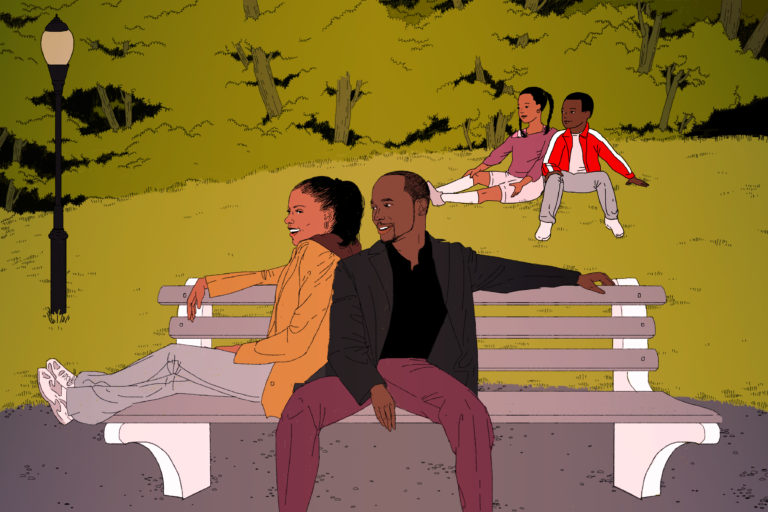Adele: Reckoning with Our Future Selves
When it comes to Adele, it’s difficult to find something new to say. She has broken nearly every music record imaginable, received close to 100 music awards and has proven with her latest album, 25, that her talent runs exceedingly deep, touching something poignant in the hearts and souls of a fan base that increasingly defies categorization.
Yet, for all the interviews and articles on her music, approach, style, and personality, capturing the essence of Adele and her music is surprisingly difficult. Her music is soulful, heartfelt, rare, and real, undoubtedly “once-in-a-generation” material, but it also forces us to reckon with an unattainable mystery that only adds to its allure. In a world where mystery is quickly dispelled by access to a portal of answers at our fingertips (“Google it!”), where life’s pace is nothing short of hurried, Adele invites us to do something rare: to stop and think, reflect and recall, question and feel.
Speaking to the fragility and resilience of human existence, her music propels us into the realm of consciousness, compelling us to connect and reckon with our innermost selves. She proclaims in “Turning Tables” from 21:
Next time I’ll be braver
I’ll be my own savior
when the thunder calls for me
next time I’ll be braver
I’ll be my own savior
standing on my own two feet
And in 25‘s “Million Years Ago” she laments:
I know I’m not the only one
who regrets the things I’ve done
sometimes I just feel it’s only me
who never became who they thought they’d be
I wish I could live a little more
look up to the sky not just the floor
I feel like my life is flashing by
and all I can do is just watch and cry
Adele sings of love and heartbreak, regret and nostalgia, fear and desire, insecurity and hope. These are universal feelings and experiences that have long defined man’s tumultuous journey in life, but she engages them with a conviction and legitimacy that can only come from having turned inward to grapple with those very things. And that takes time, and effort.
In fact, her latest album evolved only after she discarded a series of songs she brought to record producer Rick Rubin, whose response to the music was that he didn’t believe a word of it. She’d been trying to write songs about motherhood, but the expression fell flat.
It wasn’t until she focused on her inner life that her work regained its authenticity. In a feature in TIME magazine, Adele says, “That’s when I decided to write about myself and how I make myself feel, rather than how other people make me feel.”
She certainly isn’t the only artist to sing her feelings, or touch upon the universal aspects of human existence. But there is something to be said for her willingness to forge her own pace, to work by her own rhythms. After all, as Rubin has said, “It’s not just her voice singing any song that makes it special.”
That Adele chose not to surrender to the “norm” of frenzied existence and remained true to herself — and her voice — proves that she is as real as the songs she sings. That she recognizes the ephemeral, vacuous nature of social media only confirms her commitment to authenticity. “How am I supposed to write a real record if I’m waiting for half a million likes on a photo? That ain’t real,” she says.
It is only after making a diligent effort to reflect on ourselves — to quiet our own souls — that the most profound truths and insights are revealed. Or, in this case, a song with meaning and depth is born. Anyone can sing about love and heartbreak, regret and nostalgia, fear and desire, insecurity and hope, but what makes Adele an artist of enduring greatness is the conviction with which she sings.
“I’m not saying my album [25] is incredible, but there’s conviction in it. And I believe the f*** out of myself on this album.”
I believe her, too. And yet, there still remains a mysterious quality about her — an inkling that she could be an “old soul” born anew, someone too affecting for words.


Share your reflection